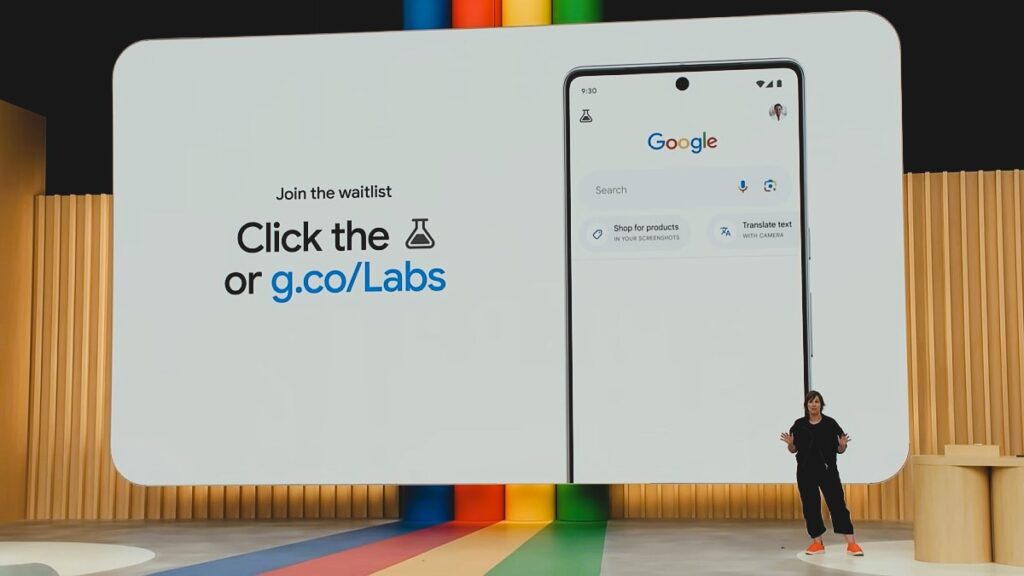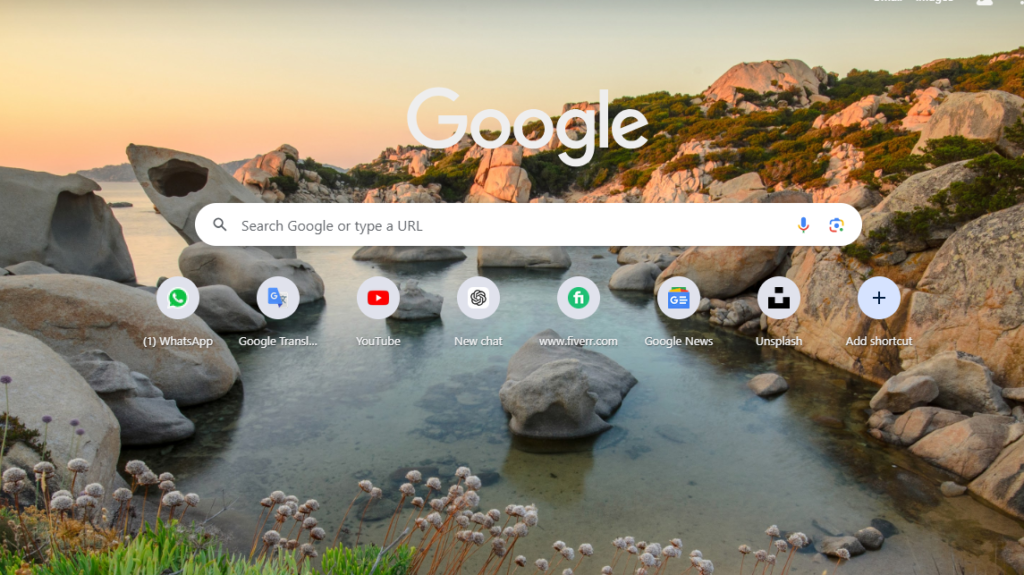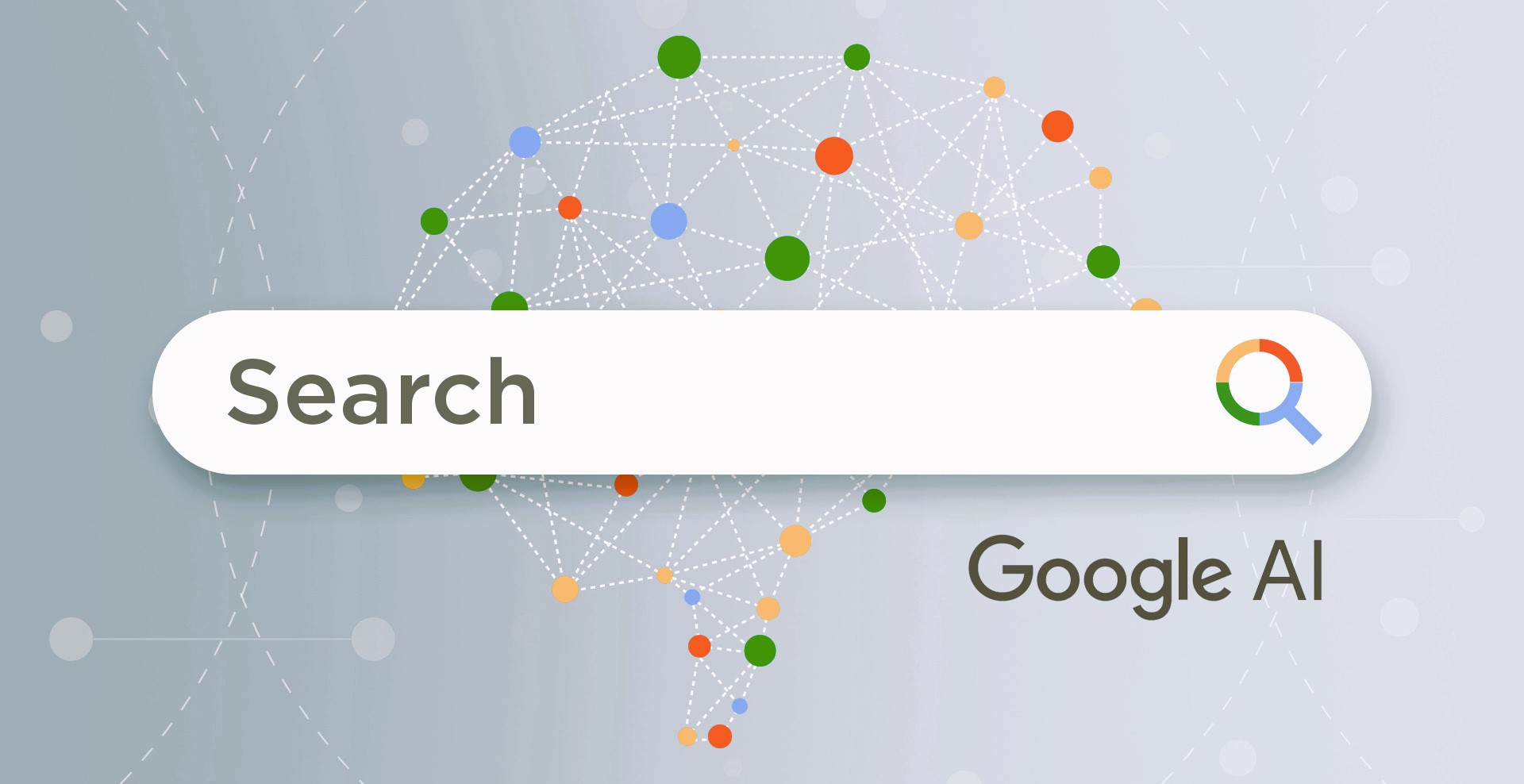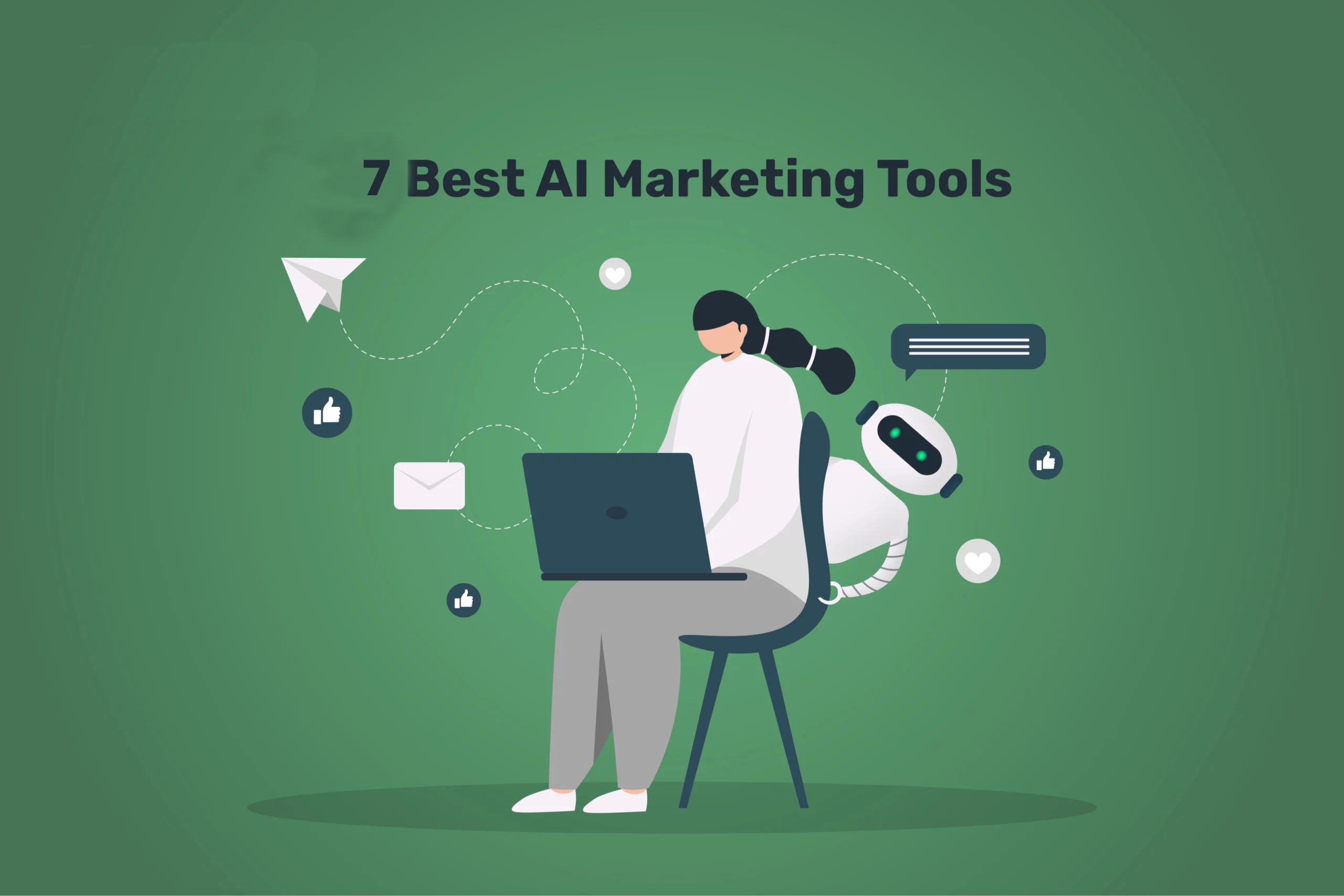Google has long been the most popular search engine, helping billions of people find the information they need. With the introduction of Google AI Search, the search engine has taken a significant step forward. AI, or artificial intelligence, is transforming how search engines work, making them more innovative and effective at understanding what users are searching for.
In this blog post, we will explain Google AI Search, how it works, and why it matters. We’ll also explore its key features, benefits, challenges, and future for this technology.
What is Google AI Search?
Google AI Search refers to how Google has integrated artificial intelligence into its search engine to make searching more accurate and helpful. Unlike traditional search engines that rely mainly on keywords and manual algorithms, AI-powered search uses machine learning and natural language processing to understand user intent better.
Traditional search engines focus on matching keywords in a search query to website content. However, Google AI Search goes beyond this by trying to understand the meaning behind the words, helping deliver more relevant results even when the search query is unclear or complex.
How Google AI Search Works
Google’s AI operates based on machine learning algorithms and data patterns. These algorithms are designed to learn from user behavior and improve the search process over time. This learning helps Google AI Search understand context, language, and user preferences.
Some of the AI tools used in Google Search include:
- Natural Language Processing (NLP) helps Google understand the meaning behind words rather than just matching keywords.
- RankBrain: This is Google’s AI system that helps process search results, especially when a query is unfamiliar or vague.
- BERT (Bidirectional Encoder Representations from Transformers): BERT helps Google understand the intent behind search queries by focusing on the relationships between words in a sentence.
These tools ensure that Google provides more accurate, relevant, and helpful search results.
Key Features of Google AI Search

Google AI Search comes with several features that make it stand out:
- Understanding Natural Language: Unlike traditional keyword searches, Google AI can better understand complete sentences, questions, and complex phrases. For example, if you search for “how to fix a bike tire,” AI understands that you’re looking for a tutorial or guide, not just random pages mentioning bike tires.
- Featured Snippets: Google AI often provides quick answers at the top of the search page, summarizing content directly from websites to give users immediate information without clicking a link.
- Personalized Search: AI helps personalize search results based on a user’s location, previous searches, and even search history, making results more tailored to individual needs.
- Image and Voice Search: AI allows users to search with text and voice, recognizing objects in images or interpreting spoken queries to return accurate results.
Benefits of Using Google AI Search
The integration of AI into Google’s search engine offers several benefits:
- Improved User Experience: AI enhances the relevance of search results by better understanding what users are looking for. This leads to less time scrolling through unrelated results and more time finding exactly what you need.
- Faster, More Accurate Results: AI enables Google to deliver quicker and more accurate results by learning from billions of search queries. Whether looking for local restaurants, global news, or in-depth research, AI helps ensure that the most relevant information appears at the top of the page.
- Handling Complex Queries: AI excels at handling more complicated or less specific queries. If you ask vague questions like “best camera for low light,” AI understands you’re looking for product recommendations rather than articles about camera technology.
Real-World Applications
Google AI Search is used across many industries, providing faster, more accurate information retrieval. Here are a few real-world applications:
- Healthcare: Doctors and researchers use Google AI Search to find medical studies, diagnoses, or treatment recommendations quickly. AI improves the relevance of search results, helping medical professionals access the latest research more effectively.
- Education: Students and teachers can easily find detailed academic resources. Google’s AI improves how educational content is indexed and presented, helping students find more accurate answers to complex questions.
- E-commerce: Businesses rely on Google AI Search to help customers find the right products. Based on previous searches, AI can suggest the best products for users, improving the shopping experience.
Case Study Example: Online retail giant ASOS uses AI-powered search to improve product recommendations and better understand customer behavior, resulting in a more personalized shopping experience.
Challenges and Limitations
While Google AI Search offers many advantages, it also comes with some challenges:
- Context Understanding: AI can still struggle to fully understand the context of specific searches, especially when interpreting slang, cultural references, or particular topics.
- Bias in Results: AI can unintentionally introduce bias into search results. For instance, if the AI has been trained on biased data, it may favor specific sources or perspectives.
- Privacy Concerns: AI’s use of personal data to improve search accuracy can raise privacy concerns for users who may not want their search history or preferences to be used for personalization.
Future of Google AI Search
The future of Google AI Search looks bright as technology continues to advance. Some expected developments include:

- Better Context Understanding: Future updates may enable AI to grasp the meaning behind more nuanced or context-sensitive queries more effectively.
- Voice and Visual Search: With the increasing use of voice-activated assistants like Google Assistant, AI search will likely continue improving its ability to handle spoken queries. Visual search, where users search by uploading images, is also expected to advance.
- Integration with AI-powered Tools: Google may integrate AI search even further into tools like Google Lens, improving how we interact with technology in everyday tasks.
Tips for Users
To get the most out of Google AI Search, follow these best practices:
- Be Specific: The more detailed your search query, the better AI can understand and deliver relevant results.
- Use Natural Language: Google AI is designed to handle natural language, so don’t hesitate to type out your conversational query, such as “What’s the weather in Paris tomorrow?”
- Make Use of Voice and Image Search: Use voice search when you’re on the go or visual search to find similar images or objects.
Conclusion
Google AI Search transforms how we find information, making search faster, more intelligent, and more accurate. As AI evolves, the search experience will become even more efficient, offering personalized and relevant results to users worldwide. Whether you’re a student, professional, or casual internet user, Google AI Search has the potential to make your online searches more productive and effective.
By embracing AI-driven search, we are stepping into a new era of information retrieval that is faster, more intuitive, and more personalized than ever before.





